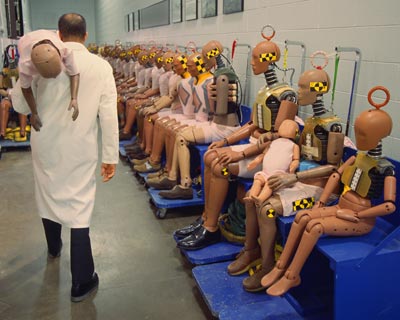To be an early adopter in technology, you sometimes need to have as much money as vision. As Andrew McAfee notes in his latest Financial Times blog post, if you want to see how the 99% will soon live, just take a look at the 1%. No, the majority won’t soon have more money (less, probably), but the coveted goods and services of the privileged will soon probably become accessible to almost all.
Of course, the cheapening of these lifestyle choices, a further Walmartization of our economy, isn’t good for Labor. McAfee offers a remedy, if not a new one. An excerpt:
Of the many things I’ve learnt from Google’s chief economist Hal Varian, perhaps my favourite is his elegant and thrifty approach to prediction. “A simple way to forecast the future,” he says, “is to look at what rich people have today.” This works. Applying this method a few years ago would have led one to foresee the rise of Uber and the spread of smartphones around the world, to take just two examples.
Hal’s point is that tech progress quite quickly makes initially expensive things — both goods and services — cheaper, and so hastens their spread. Which is why this progress is the best economic news on the planet (I wish there were stiffer competition for that title these days).
So what do the rich have today that will soon spread widely? A recent article in the online magazine Matter probably holds a clue. Lauren Smiley’s “The Shut-In Economy” details the parade of delivery people and service providers that show up each evening at the apartment complexes that house San Francisco’s tech elite. Smiley writes that “Outside my building there’s always a phalanx of befuddled delivery guys… Inside, the place is stuffed with the goodies they bring.”•


